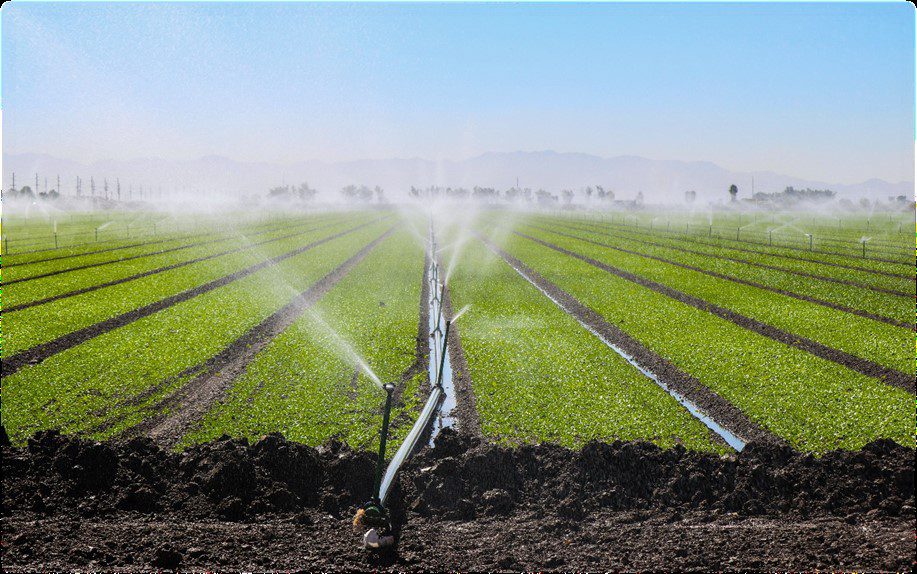- Imperial Irrigation District to conserve up to 300,000 acre-feet of Colorado River water annually.
- Conservation efforts to benefit Lake Mead and the Colorado River System amid ongoing drought.
- Environmental assessment confirms no significant impact on human and natural environments.
August 13, 2024 — The U.S. Bureau of Reclamation has approved a key water conservation initiative with the Imperial Irrigation District (IID) to preserve critical water levels in Lake Mead and the broader Colorado River system. This approval follows a thorough environmental assessment, which concluded that the proposed actions would not significantly affect the surrounding environment, leading to the issuance of a Finding of No Significant Impact (FONSI).
(FONSI).
Conservation Agreement Details.
Funded through the Inflation Reduction Act, the agreement allows IID to conserve up to 300,000 acre-feet of Colorado River water each year from 2024 to 2026. Over the three-year period, this could total up to 700,000 acre-feet of water, which will remain in Lake Mead, providing crucial support to the Colorado River system. This initiative is part of broader efforts to address the persistent drought conditions that have severely impacted water levels in the Colorado River Basin.
Environmental Assessment Findings.
The environmental assessment analyzed the potential impacts of the conservation programs, which include:
- On-Farm Efficiency Conservation Program (OFECP): Focused on improving water efficiency on agricultural fields, potentially conserving up to 50,000 acre-feet of water annually.
- Deficit Irrigation Program (DIP): Temporary reduction of irrigation on certain crops during peak summer months, potentially conserving up to 226,000 acre-feet of water per year.
- Farm Unit Fallowing Program (FUFP): Involves fallowing (temporarily leaving fields unplanted) certain farm units, potentially conserving up to 172,250 acre-feet of water over one year.
The assessment concluded that these measures would not significantly impact air quality, biological resources, cultural resources, or other environmental aspects. Notably, while the conservation efforts will accelerate the reduction in water levels at the Salton Sea, these impacts are temporary and are expected to level off by 2045.
Consultation and Coordination.
Throughout the assessment process, the Bureau of Reclamation consulted with various agencies, tribes, and stakeholders to address any concerns about the proposed conservation measures. This collaboration ensured that all potential environmental and cultural impacts were thoroughly evaluated and addressed.
Conclusion.
The approved conservation measures represent a critical step in protecting the Colorado River system. They will provide immediate relief to Lake Mead’s declining water levels while ensuring that environmental and human health impacts remain minimal. The Bureau of Reclamation’s FONSI underscores the importance of these efforts in sustaining the Colorado River Basin’s vital water resources during this prolonged drought.
Resources:
U.S. Bureau of Reclamation news release and image source
Finding of No Significant Impact (LC-24-07) : Final Environmental Assessment (EA) for the IID 2024-2026 Temporary Colorado River System Water Conservation Project
: Final Environmental Assessment (EA) for the IID 2024-2026 Temporary Colorado River System Water Conservation Project


Leave a Reply